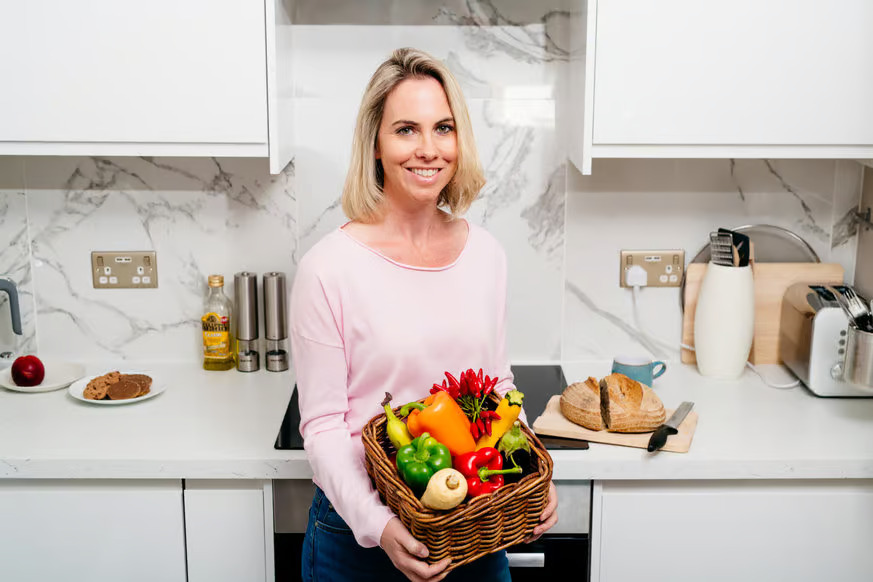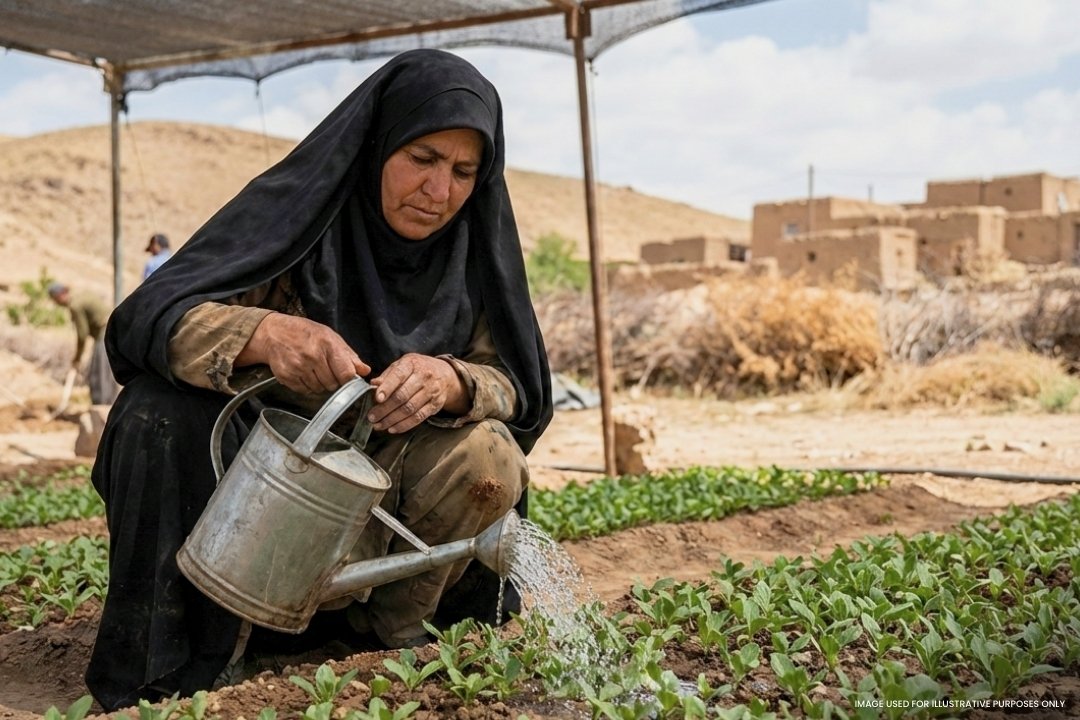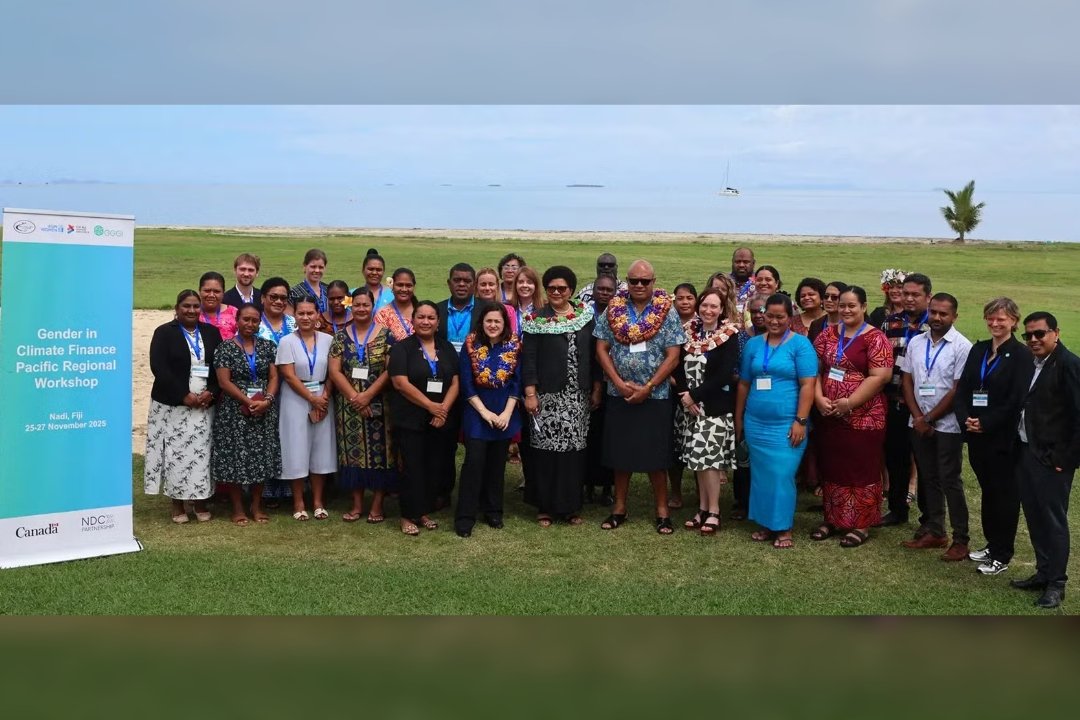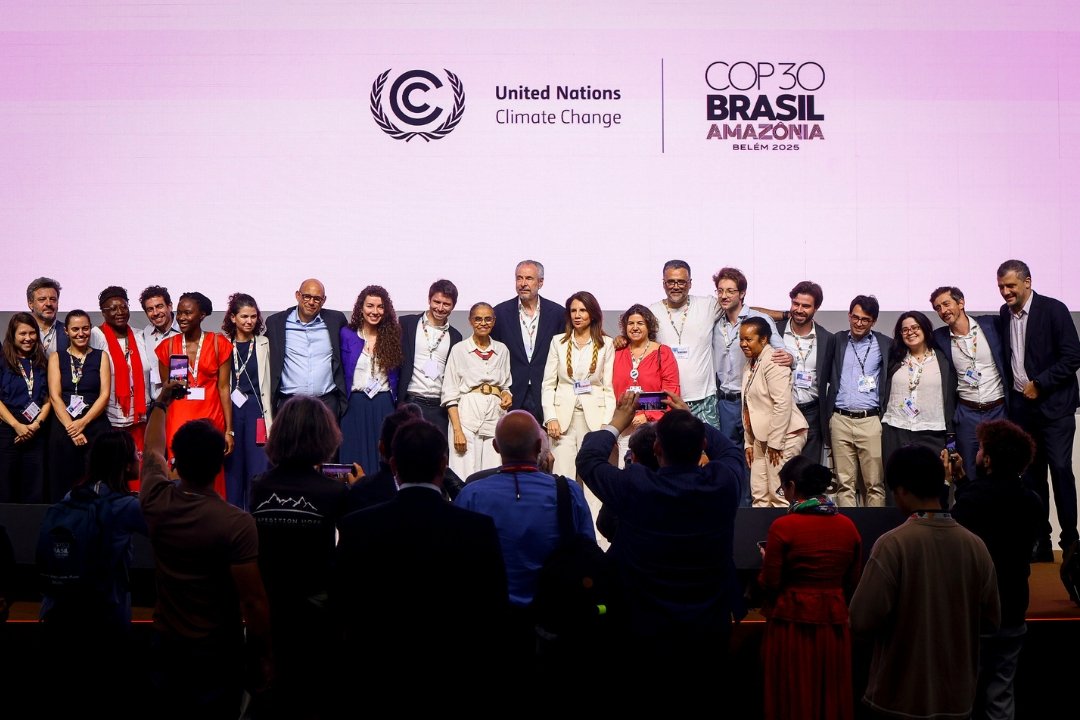Tessa Clarke, Co-founder & CEO of app – OLIO – Share More, Waste Less, fights her game on food waste with the food-sharing app Olio, and distributes the surplus food that would be thrown away, among social communities online.
Clarke spent her childhood on her parents’ farm in the UK and developed a keen appreciation to cherish small things on our planet. She finished social and political sciences at Cambridge University and earned an MBA at Stanford University before taking up leadership positions in digital businesses.
Tessa Clarke was shifting her living and found herself in a problem where she could eventually build a business on. The kitchen was messed up with cabbage, some sweet potatoes and a few other bits of food left in her fridge on the moving day. She hits upon an idea of providing a way to share surplus food with neighbors.
Today, those left-over food has grown into a social enterprise with 7 million people regularly engaged every month. Having begun as a WhatsApp group in a few London postcodes in 2015, the Olio app now enables users to give away spare food – left over from a party, perhaps, or before going on holiday, has grown fivefold. Two-thirds of share through Olio app now comes from collaboration with major retailers, including Tesco and Iceland, and other businesses. Health store chain Holland & Barrett is the latest group to sign up, and now the app is used in more than 700 stores. Olio raised almost $50m in two financing rounds in 2021.
Olio app is powered by 60,000 trained volunteers, who could collect the unsold food and add it to the app, and within minutes, people living nearby will be requesting it and picking it up. It just takes two hours and is fully redistributed into multiple homes in the local community. Olio is combating the throwaway culture at a larger scale and has grown its community to more than six million people. Clarke noticed the change with Olio, that people value the benefits of local communities and knowing their neighbors.
Some experts ranked tackling food waste as the number one action towards reducing carbon emissions, as it was found that 7.5m tones of edible food, worth millions of pounds, wasted every year in the UK alone.
Clarke in her ted talk “The surprising climate benefits of sharing your stuff” highlighted that, “Food waste would be the third largest source of greenhouse gas emissions after the US and China. That’s because a huge land mass, larger than China, is used every single year to grow food that’s never eaten. Food from the sectors of food packaging and manufacturing, refrigeration and distribution, reach the land of deforestation, soil degradation, and extinct species. These create Landfills and give rise to methane, which is 25 times more deadly than carbon dioxide. The impact of food waste on the environment is so devastating that Project Drawdown, by world’s leading climate change scientists, recently identified that reducing food waste is the most powerful solution for the climate crisis.” Clarke not only spotted the seriousness of Food waste, but also shared a fact that 40% of her app users have become friends and 66% have improved their standard of living.
Tessa Clarke was honored for her extraordinary contribution to sustainability that saved more than 100 million portions of food from going to waste, while helping to build strong community ties through the recruitment of ‘Food Hero’ volunteers. Clarke co-founded Olio to connect people to their local communities, so that surplus household items like toiletries, food and clothes can be given away, rather than thrown away. Clarke found her passion about the sharing economy as a solution for a sustainable world and “profit with purpose” as the business paradigm. She made a difference with Olio in contributing to one-third of the global food waste– worth more than $1 trillion a year.










